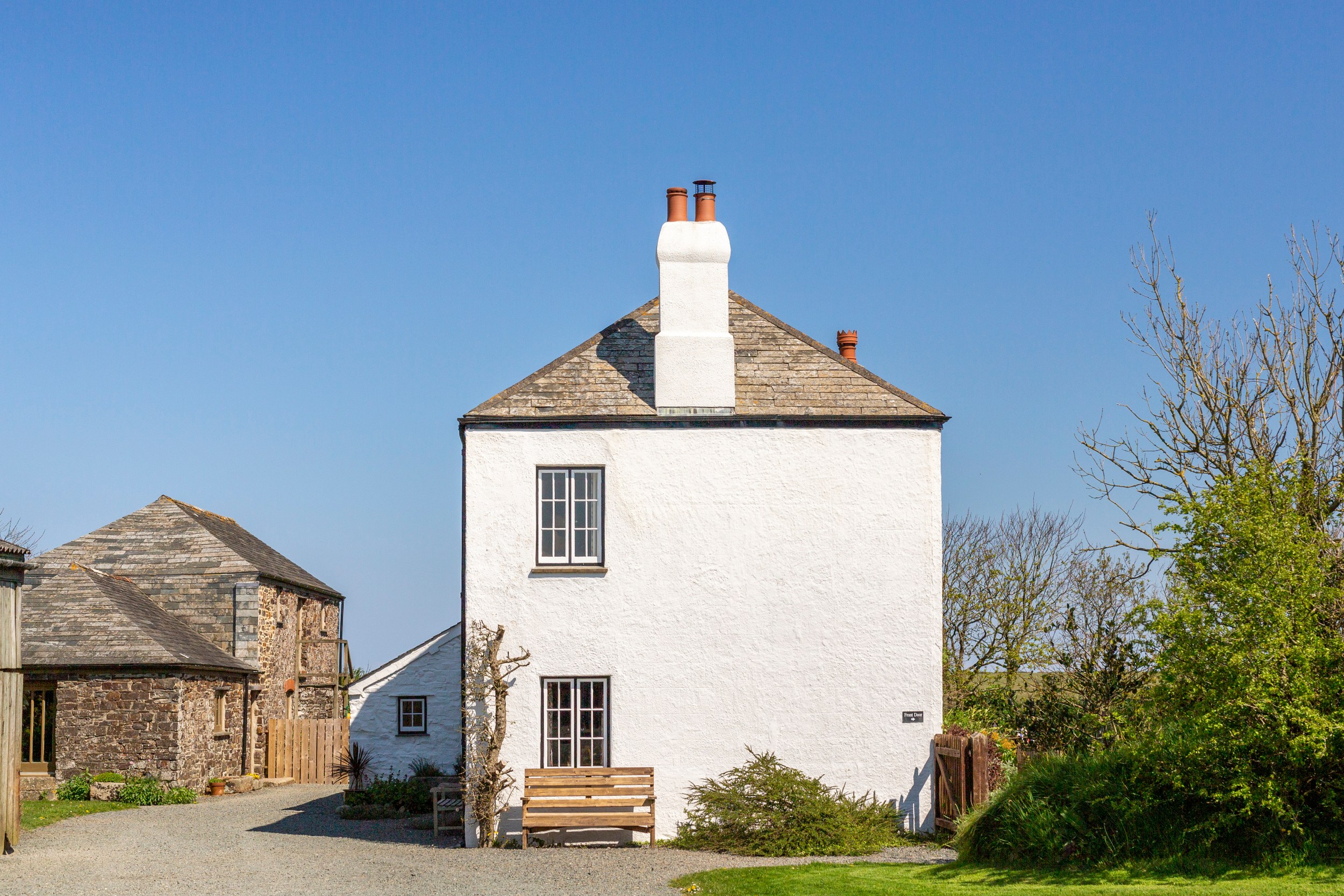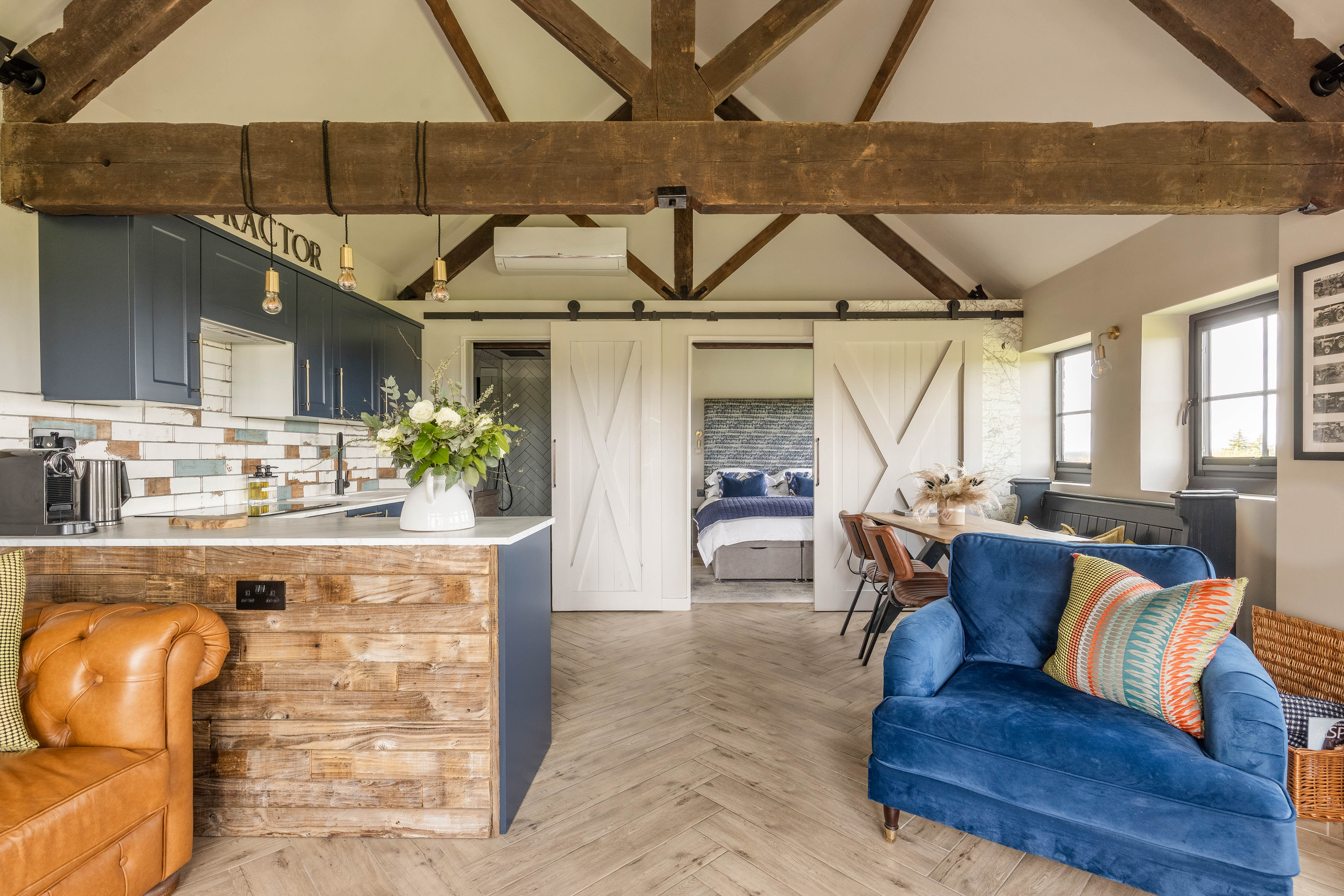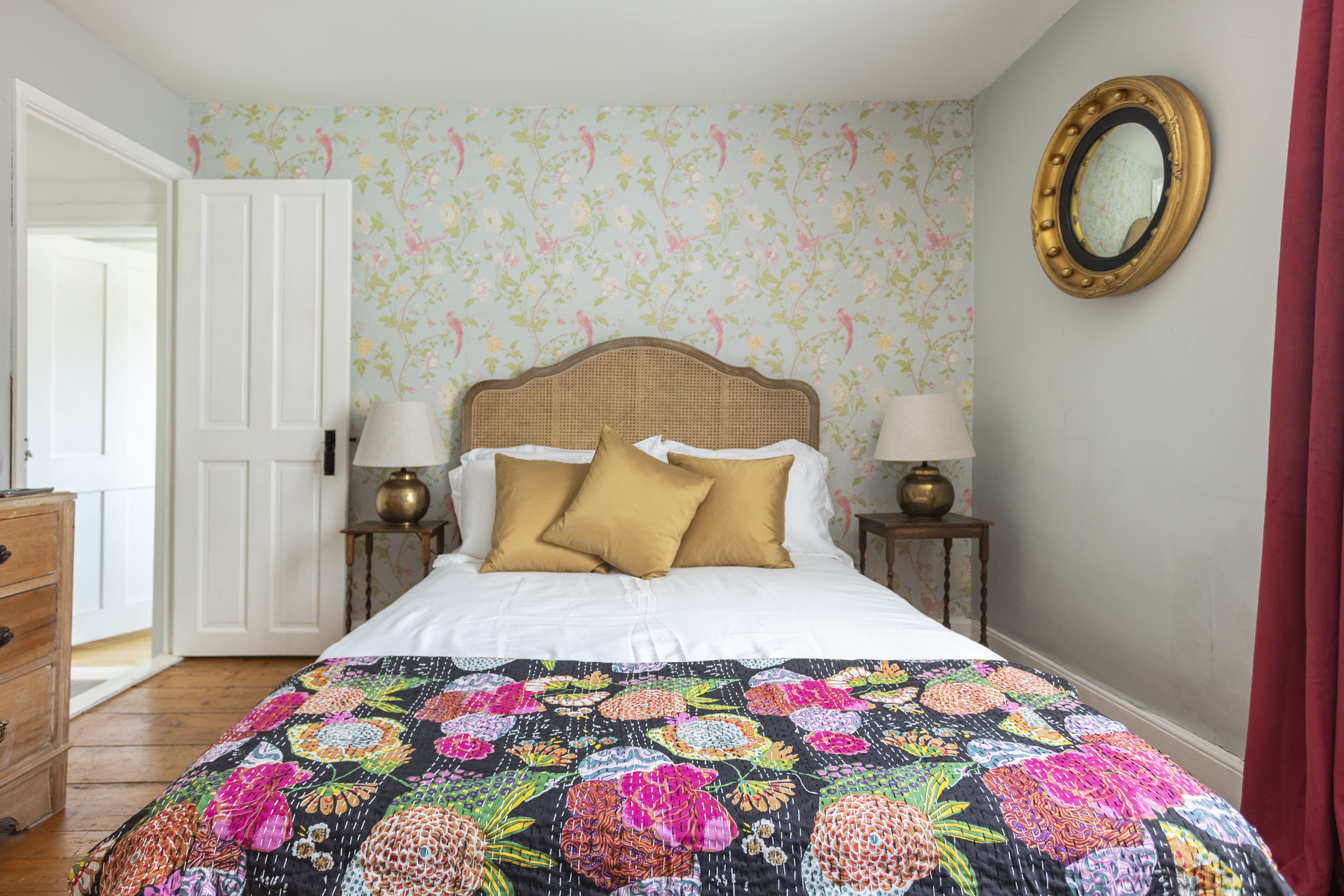Do Hosts on Airbnb need to pay Capital Gains Tax?
We asked our partners at TaxScouts to share their top tips and resources to help Hosts on Airbnb better understand their tax obligations. Read their useful guide about Capital Gains Tax.1

We asked our partners at TaxScouts to share their top tips and resources to help Hosts on Airbnb better understand their tax obligations. Read their useful guide about Capital Gains Tax.1
It’s important to know which tax regulations apply if you ever want to sell your property, especially if you have more than one property. We know it’s confusing, so we’re here to make it as easy as possible!
If you sell an asset for a profit, then you’ll have to pay Capital Gains Tax (CGT). This includes property, like the space that you list on Airbnb, if it’s not your private residence at the time you sell it.
While you don’t need to pay CGT on any money that you earn from renting out your space on Airbnb, you might need to pay Income Tax and Value Added Tax (depending on how much you’re earning).
Let’s get into when you might need to pay Capital Gains Tax.
How much CGT do you have to pay if you sell a second property you list on Airbnb?
There’s a tax-free Capital Gains Allowance of £6,000 for the 2023/24 tax year (lowering to £3,000 in the 2024/25 tax year). If you earn any profit under this threshold amount, you don’t need to report or declare your capital gains to HMRC.
By looking at the Capital Gains and Income Tax rates for this year, we’ll be able to narrow down how much CGT you’ll actually owe if you sell your property.
Before we go any further, it’s good to note the current year’s CGT and Income Tax rates.
UK Income Tax rates for 2023/24
| Earnings | Tax rate | Tax band |
| Up to £12,570 | 0% | Personal allowance |
| £12,571 – £50,270 | 20% | Basic rate |
| £50,271 – £125,140 | 40% | Higher rate |
| £125,141+ | 45% | Additional rate |
UK Capital Gains Tax rates for 2023/24
| Type of asset | Basic rate of income tax | Higher rate of income tax |
| Shares | 10% | 20% |
| Residential property | 18% | 28% |
| Bitcoin/Cryptocurrency | 10% | 20% |
| Other | 10% | 20% |
For property, as detailed in the table above, you pay either 18% or 28% tax on your capital gains. The figure you pay depends on which income tax band you fall into.
Remember, you only pay tax on your profit from the sale – it’s the price you sold the property for minus the original price of the property when you bought it. The leftover figure is your profit, or in other words, your capital gains.
Whether you’ll be paying the lower or higher rate of capital gains tax will depend on how much income you earn in total in the tax year and what income band you fall into, which includes your earnings as a Host on Airbnb.
For example, if you’re a basic rate income earner, paying 20% on your income, that means you’ll pay 18% CGT when you sell your property.

What to consider when calculating how much you owe
When you’re trying to figure out how much Capital Gains Tax you owe, you’ll need to work out the following:
- How much income you earned over the tax year (after deducting your Personal Allowance)
- Your total profits from capital gains (after deducting your £6,000 tax-free allowance)
- Use your income tax band to figure out which CGT rate applies to you and apply it to your post-deduction capital gains
You might be able to make deductions on your CGT bill depending on your situation:
- Stamp duty you paid when you bought the property
- Costs for making improvements to the property
- Solicitor and estate agent fees
Private residence relief
You generally don’t pay CGT if you sell your main place of residence. You’ll only owe tax on your capital gains if you make a profit from selling a second property. So if you have a property you own but don’t live in and you list it on Airbnb, this is considered an investment property by HMRC.
So as a Host on Airbnb, you won’t pay CGT when you sell your main residence if all of the following criteria are met:
- You consistently live there (and don’t rent part of it out)
- You don’t use part of it for business purposes
- The grounds, which include all buildings, are less than 5,000 square metres
- You didn’t buy it as an investment property
If all these are true, then you’ll be entitled to the private residence relief. That means you won’t have to pay Capital Gains Tax once you sell the property.
Renting out your entire main residence
If you rent out your entire main residence at any point, then you’ll have to pay Capital Gains Tax for those years.
Example: You owned your house for 10 years and rented it out for 5 as a Host on Airbnb, so you would owe CGT for 5 years and can claim private residence relief for the other 5 for when you lived there.

Renting out part of your main residence
As a Host on Airbnb, if someone stays in a part of your house at any point, like renting a room, you can only claim the private residence relief on the part of the house you lived in. You’ll need to pay CGT on the part of the house that was hosted. Depending on your situation, you could be eligible for further relief called Lettings Relief.
You can get lettings relief on top of private residence relief to reduce the amount of profit you have to pay tax on. You must have rented out part of your main residence while also living on the property, to be eligible.
The amount of lettings relief you get is the lower of:
- £40,000
- The amount of private residence relief
- The amount of profit from the portion of the property you let out
Example: You lived in 65% of your main residence while the other 35% was let out by a tenant or as a listing on Airbnb. You can claim private residence relief on 65% of your profit, and lettings relief on the rest of the profit.
To accurately calculate how much relief you’re eligible for and navigate what you might owe in tax, it’s best to seek expert tax advice from a professional. TaxScouts’ accountants can help.
How to pay Capital Gains Tax on your property
If you sell your property and owe Capital Gains Tax, you can report the tax you owe and pay your bill by:
- Your government gateway account (you’ll then have to add ‘capital gains tax on UK property account’ as a service)
- Filing a Self Assessment tax return if you have other income or gains to report
- Using the HMRC’s real-time Capital Gains Tax service
- Within 60 days of selling a property from October 2021 onwards
- Within 30 days of selling a property between April 2020 and October 2021
These deadlines are very strict and missing them may result in significant penalties being applied.
Next steps…
If you’ve sold a property you list on Airbnb, or are planning on selling, and need to pay Capital Gains Tax it’s best to get prepared as soon as possible. Keep clear and concise records of your earnings and expenses as a Host on Airbnb to make it easier when you need to report tax that you owe.
If you’d like support calculating, understanding or filing your tax return, you can contact TaxScouts. An accredited accountant will file your tax return, no matter how complicated your situation.